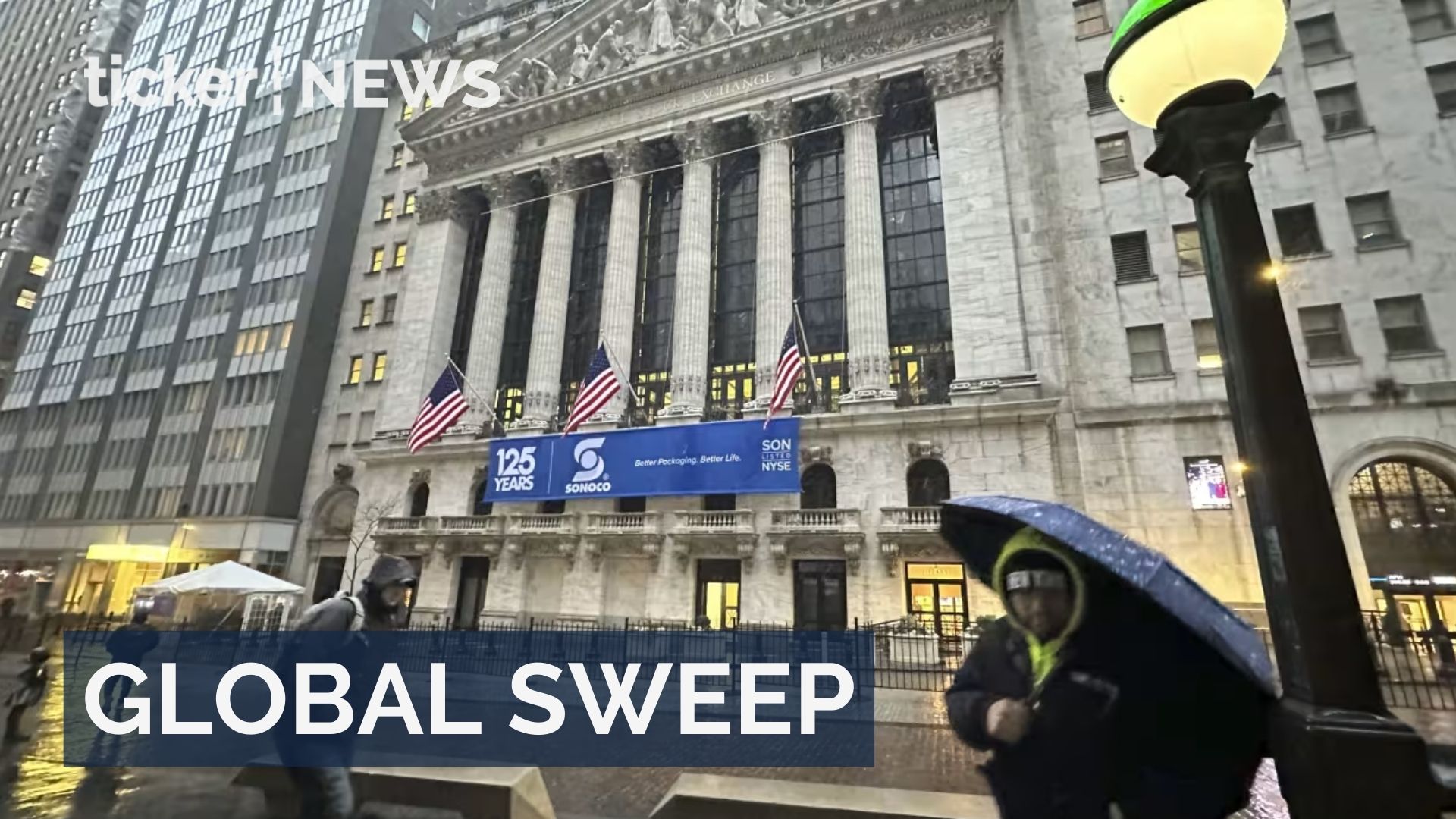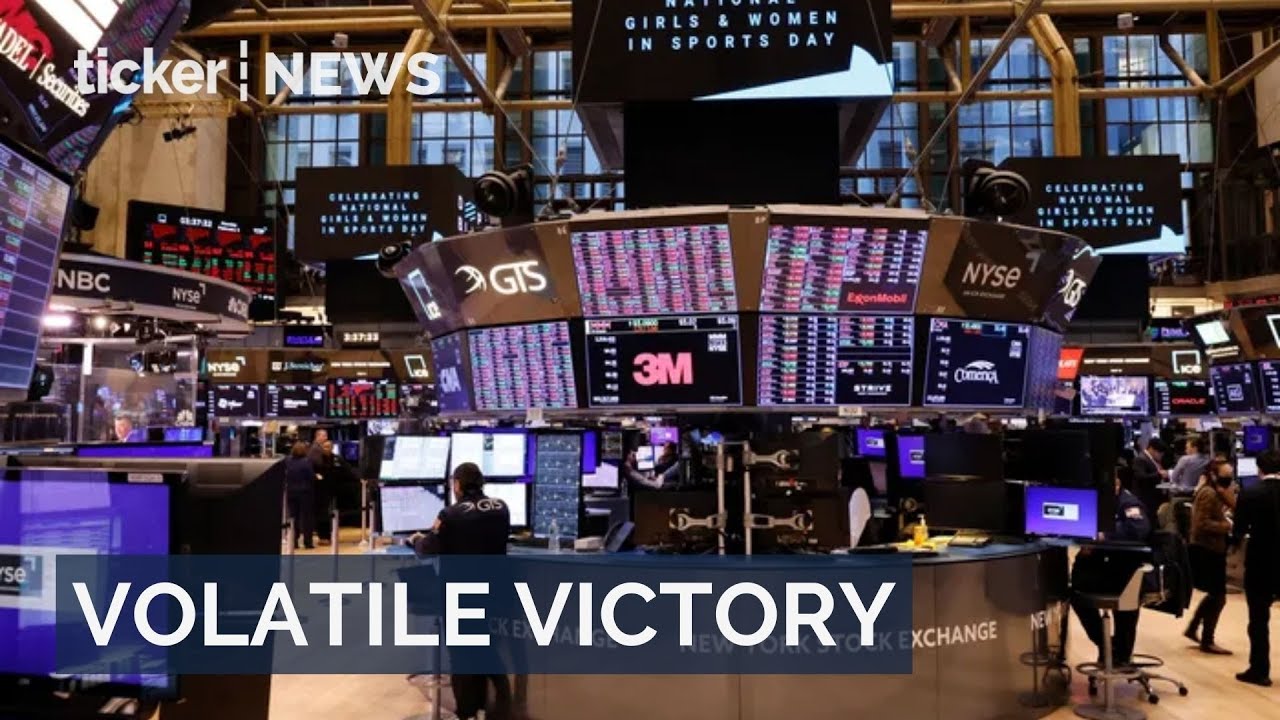Money
The U.S. is worried about China’s economy
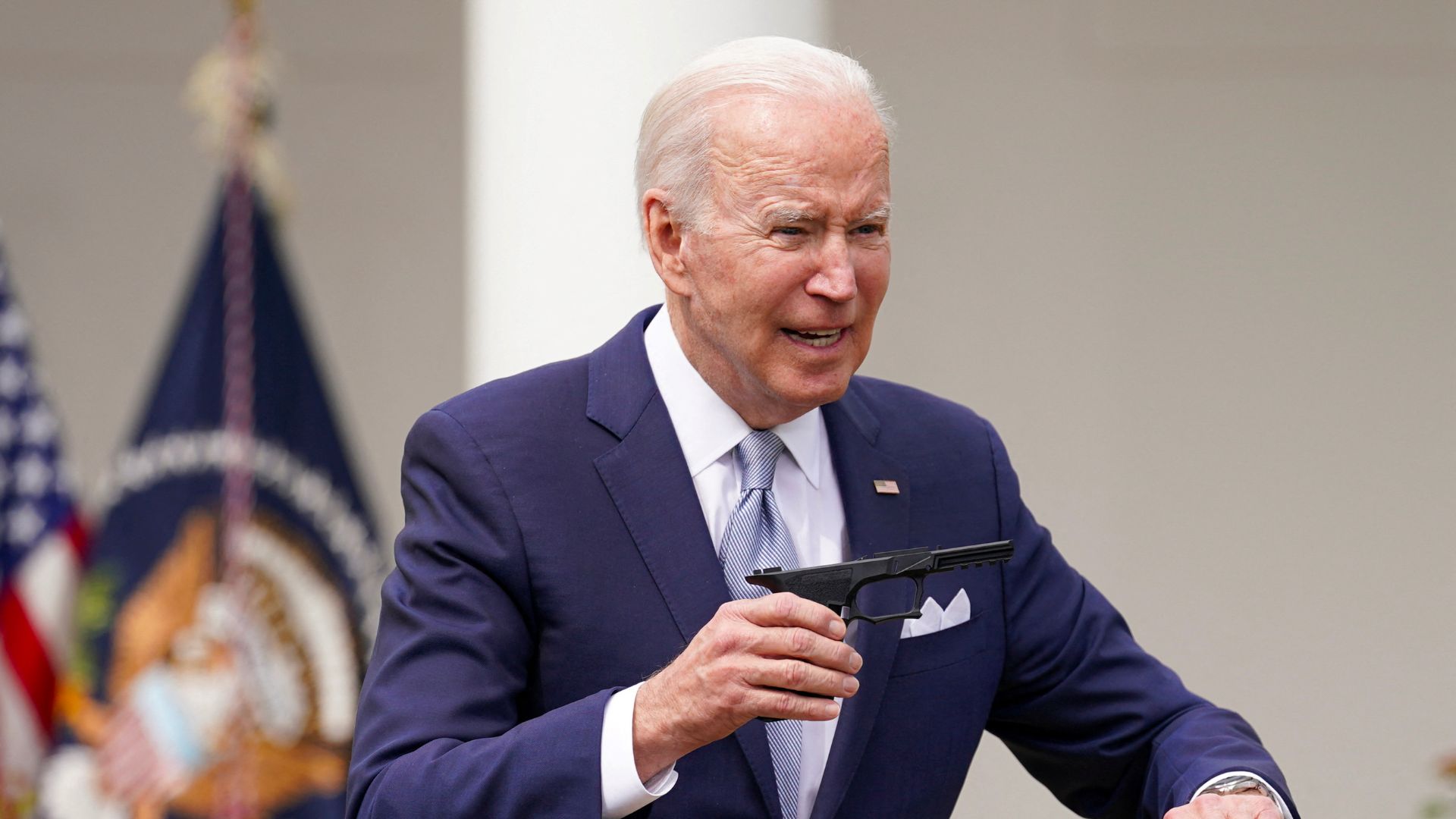
Money
Global markets outperform US stocks by largest margin as AI tech rallies in 2025
Global markets outperform US stocks in 2025, marking widest gap since 2009 as international gains surge
Money
Australia’s sharemarket set for weakest annual return in three years
Australia’s sharemarket set for weakest return in three years; gains from gold and critical minerals offset blue-chip losses.
Money
US stocks surge amid AI hype despite market volatility
US stock market bounced back, S&P 500 up 16% in 2023, driven by AI excitement amid policy uncertainties.
-



 Money1 day ago
Money1 day agoUS stocks surge amid AI hype despite market volatility
-



 Leaders2 days ago
Leaders2 days agoAI and automation reshape future tech careers
-



 Tech5 days ago
Tech5 days agoAI stocks surge amid market shifts and spending warnings
-

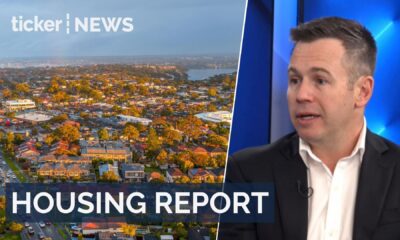

 News1 day ago
News1 day agoAustralia’s property market set to soar in 2026
-

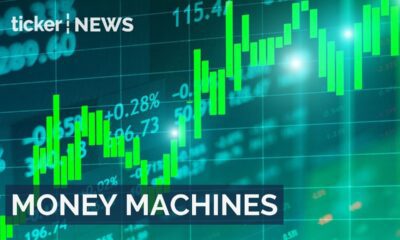

 Tech5 days ago
Tech5 days agoAI investments set to surge in 2026 as companies target productivity gains
-



 Tech12 hours ago
Tech12 hours agoGoogle Cloud and Palo Alto launch $10 billion AI deal
-

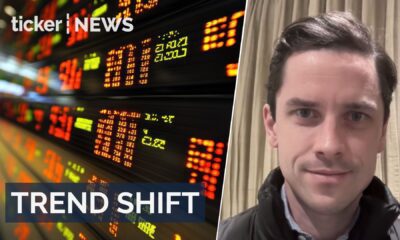

 News5 days ago
News5 days agoStocks, AI and the economy: What to expect in 2026
-

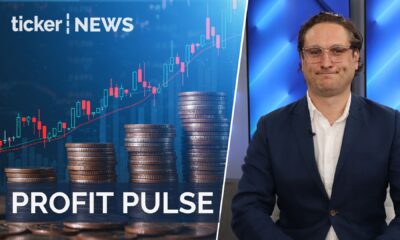

 Leaders4 days ago
Leaders4 days agoInvesting in shares: Insights for fluctuating markets



